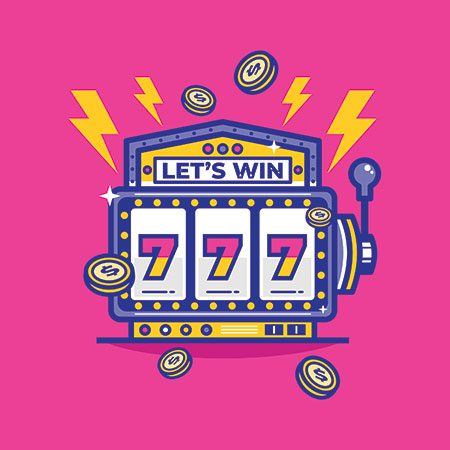RANDOM DEFINITIONS
A slot is a random device—by law
By Frank Legato
 If you’re a regular reader of this magazine, you’ve heard this a million times: The results on a slot machine are random. Much has been written here and elsewhere about the workings of the random number generator in a slot machine, but there are a couple of facts you may not know.
If you’re a regular reader of this magazine, you’ve heard this a million times: The results on a slot machine are random. Much has been written here and elsewhere about the workings of the random number generator in a slot machine, but there are a couple of facts you may not know.
Actually, there are a lot of facts a lot of people do not know concerning slots. For instance, you may not know that most commercial jurisdictions require slot machines to pass a predetermined test of randomness. Taking the largest slot jurisdiction in the nation, Nevada, you will find the requirement for randomness in a slot machine in the statute that governs gaming.
Regulation 14.040 2 of the Nevada State Gaming Control Act requires that slot machines used by the state’s casinos produce results with a degree of randomness so as not to be predictable by the player. Section (c) of the regulation reads:
The selection process must not produce detectable patterns of game elements or detectable dependency upon any previous game outcome, the amount wagered, or upon the style or method of play.
Thus, in addition to the requirement that results not be “detectable,” the regulation sets out requirements corresponding to other things we’ve been telling you for years: Each slot result is independent of any other slot-machine result; previous streaks of wins or losses on any particular game mean nothing with respect to the next spin. Also capsulized in the regulation is the fact that the amount you wager has no effect on whether you win or lose. And that your style or method of play—pulling the handle or hitting the spin button, playing fast, playing slow—has no effect on what your results will be.
The same regulation requires that every possible result on the reels—including the top jackpot—be available to every player on every spin. Section (a) reads:
Each possible permutation or combination of game elements which produce winning or losing game outcomes must be available for random selection at the initiation of each play.
Another fact many people have told me they have heard but do not fully understand: The RNG used in slot machines is a software program known to mathematicians as a “pseudo random number generator.” The reason the term “pseudo” is used is twofold: First, the results are random within a finite set of numbers.
Slot-machine programmers assign a number to each symbol and blank on each reel, and then assign more numbers to the same symbols—many more numbers to low-paying symbols than jackpot symbols. In the end, a reel that has 22 physical symbols and blanks can have hundreds of “virtual” symbols or blanks—the computer equivalent of a reel strip that’s perhaps 10 feet long, filled with numbers, before it is placed over that wheel to become what we call a “reel.”
The RNG then generates those numbers in a random sequence, at a rate of hundreds per minute. Pushing the spin button freezes the combination of numbers generated at that instant.
The other reason for the “pseudo” designation is that the random sequence begins at the same point every time it cycles. No one aside from the programmer knows what that point is, and not even the programmer can predict where in the sequence of thousands of possible three-symbol combinations the RNG is at any moment.
The essence of the law of randomness in Nevada and other commercial jurisdictions is simple: The result must be unpredictable by the player. If you read something on a website, or an advertisement for a book, or in an e-mail plugging some sort of “system” for beating the slots, that tells you there is a way to know when a slot is going to be hot, or when a slot is going to pay big, it is a scam.
Believe me, if there were a way to know when a slot was going to hit, I wouldn’t be writing columns for a living. Neither would any other slot columnist I know. We’d all be sitting on a beach somewhere counting our winnings.
The unpredictability of slot machines is part of the fun. And fun is what it’s all about.


